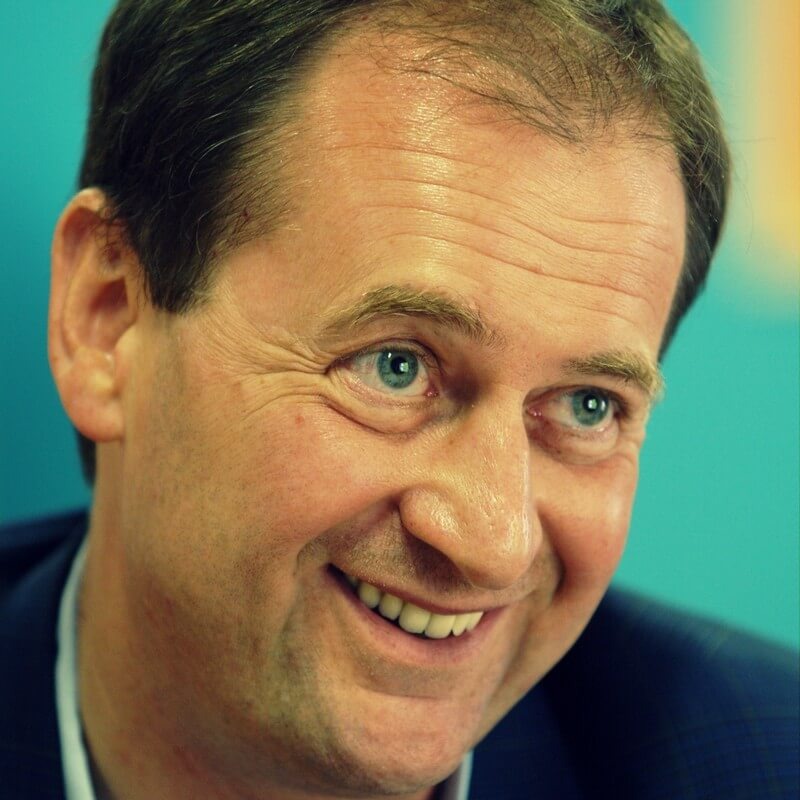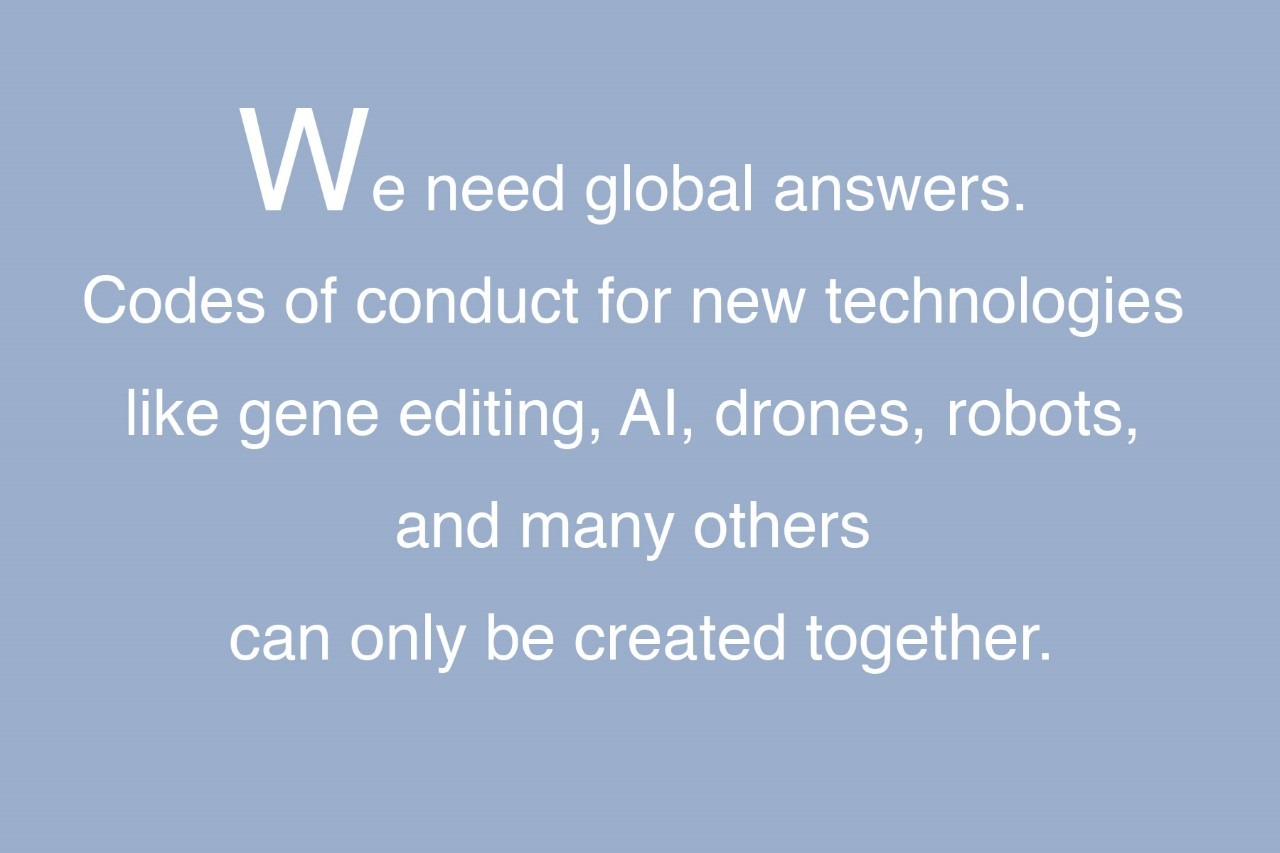
The change is permanent in many ways
Do we learn from crisis?
The opinion of Péter Küllői, the Hungarian businessman, philanthropist and visionary
Although the peak of the COVID-19 crisis is perhaps still to come for most of us, it is clear that the pandemic will end someday and that humanity will survive, yet it is equally clear that the world will have changed inexorably. What it might look like, how will our value systems have changed as well as our attitude towards things, other people, and art – are questions that Arterritory.com has posed over these last days (in the form of an email interview) to many people intrinsically involved in the art world. As the very first we are publishing the opinions of Péter Küllői, the Hungarian businessman, philanthropist and visionary.
How do you feel in this new reality which is neither a book nor a sci-fi film, and is happening to all of us in the here and now?
Thank you, I am fine. Hungary is turning into a dictatorship by giving Orban unlimited power with no time limit. And the world is never going to be the same. Hope you are well!
COVID-19 has achieved in a matter of months what the climate change movement and frequent formal meetings between heads of state have failed to. Everybody talked about the need to ‘get out of the bubble’, but nothing ever really changed. The emergence of the coronavirus has served as a kind of ‘higher power’, showing humans their true place in the planet's ecosystem.
The question is, are people even capable of comprehending this ‘shutting off’ of the world that we are in right now? Can we learn from it, and is it possible to permanently retain what we learn? So far, modern society has responded to the situation by pushing the economic shutdown button (taking into consideration that the virus is not quite as wholly destructive as the plague). Yet the question is much more fundamental than that. Once it is all over, will people realize that we need to change? Will we come out of this better than when we entered? Or perhaps in the future, when we look back on this, it will turn out to only have been ‘a gentle warning’...?
I had already been giving talks about the digital revolution and the difficulty in understanding exponential change with a linear way of thinking. I had also been talking about how to accept constant change and uncertainty as reality, about the asset bubble in the world, and an unexpected event – a ‘black swan’ – starting a crisis. So, you could say I was prepared. But only partly. The way events have unfolded and their speed have been a bit shocking for me as well.

It is clear that the world will have changed after this crisis. The question is – how will it have changed...and is it even capable of undergoing fundamental change? Since the start of the industrial revolution, the world has largely followed a path of aggressive capitalism. Priorities have been production and technological advancements, work, income, prosperity, and an incessant race for competitive advantage – all of which constitute a self-reinforcing feedback loop. Will this shock to the system be strong enough to cause a paradigm shift in human values?
The change is permanent in many ways. Digitalisation has made a big breakthrough in many parts of our lives, and will mostly stay with us in terms of how we work, communicate, study, shop, etc. This pandemic also creates huge opportunities for bringing sustainability into our lives – for individuals and for corporations, cities, and countries. My view is that the business world will make many changes. Looking at stakeholders instead of shareholders will speed up. ESG will be much more important [Environmental, Social, and Governance refers to the three central factors in measuring the sustainability and societal impact of an investment in a company or business – Ed.]. On the political side, I am much more pessimistic. As Harari wrote recently, the debate will be between privacy or health, and global or local. And the examples of Taiwan, South Korea, Japan and Singapore show that you can have privacy and health together. But many populist politicians will try to use the crisis to curb privacy and grab more power. As for the question of global vs local, what is important to understand is that globalisation was not the problem. It helped us in many ways to get a better life. The problem was just-in-time supply management. The global supply chain was optimised purely on efficiency. The answer we have to learn is, that in order to be able to handle a crisis, the system has to be built with more resilience – not relying on one factory from one location, warehousing in-house certain quantities, and so on. What I am afraid of is that some politicians will go for the nationalistic answer and push for the wrong answers, i.e. purely local answers.
The opportunity this crisis has created and the message you are talking about from a higher power can only be answered rightly together with business and politics. We need global answers. Codes of conduct for new technologies like gene editing, AI, drones, robots, and many others can only be created together. Climate change is a global issue, and I could go on and on.
How long do you think a person can continue to be productive while self-isolating? On the other hand, prolonged exposure to internal stress, panic, and fear can also lead to health problems, even quite serious ones, that pose no less of a long-term risk to human health than the coronavirus does.
To have the right answers for the pandemic – how long to be in self-isolation, how to get the economy back on track, what is the best way to help the many in need – can only be answered in an adult way. The adult way means, in my view, to look at science, to get as much data as possible, to show this in a transparent way, to communicate honestly, to admit mistakes, and to treat people like adults.
If society is able to move in a positive direction, how do you see this future balance between good and evil?
In a world that is changing so fast, the only way I can imagine is that the good society is taking care of the bad one. All of us from the good one, together with the relevant authorities – that is the only way. Evil is a small but very loud minority.
Seeing as Arterritory.com is an art and culture portal, as our conversation comes to a close, I would like to ask you what your vision is of the forthcoming post-pandemic art scene? Quite likely it will have fundamentally changed; in fact, it already has.
Art will change, and as you rightly said, it has already changed. The future of art fairs and many other institutions will be different. The way we look at art and the way we buy art will change. I strongly believe that art will play a very important part in the future as well.